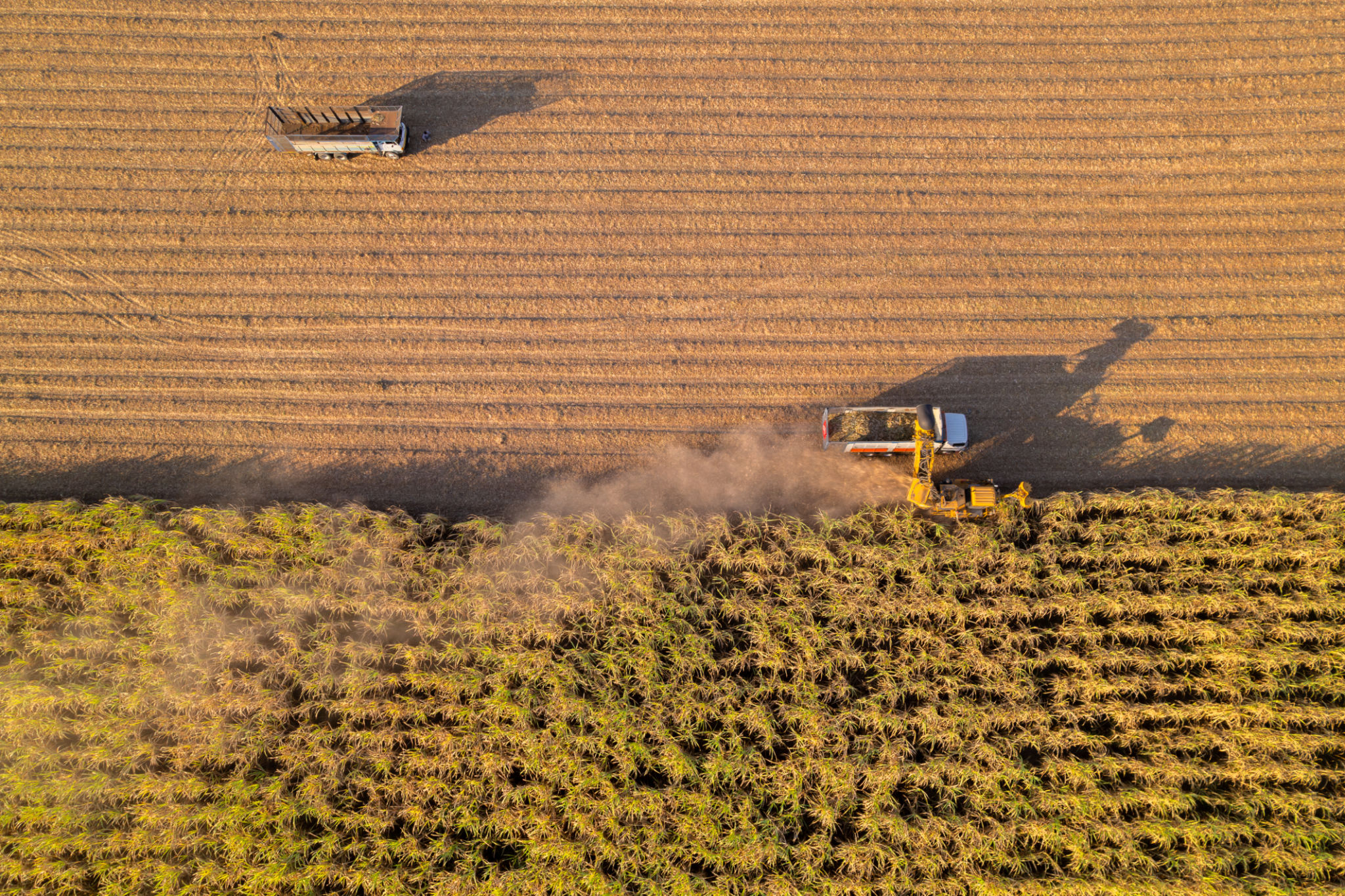Direct from Farm to Table: The Journey of Sugar Supply in the UK
The Sweet Beginnings: Sugar Beet Farms
The journey of sugar from farm to table in the UK begins with the cultivation of sugar beet. This root vegetable is predominantly grown in the fertile soils of East Anglia, Yorkshire, and the Midlands. Farmers in these regions focus on sustainable practices to ensure that the crops are grown with minimal environmental impact. The sugar beet farming process involves careful soil preparation, timely planting, and attentive nurturing until harvest.
Once harvested, the beets are transported to local processing facilities. These facilities are strategically located near farming areas to reduce transportation costs and emissions. This proximity is crucial for maintaining the freshness and quality of the sugar beet, ultimately leading to better sugar production.

The Processing Phase: From Beet to Crystals
Upon arrival at the processing facilities, the sugar beet undergoes several stages of transformation. The first step is washing and slicing the beets into thin strips. These strips are then subjected to diffusion, a process where hot water extracts the sugar content. This sugar-rich juice is then purified to remove impurities, ensuring a high-quality end product.
Next, the purified juice is concentrated into a thick syrup through evaporation. The syrup is further crystallized to form sugar crystals, which are then dried and packaged for distribution. Throughout this process, advanced technologies and efficient energy practices are employed to maximize yield and minimize waste.

Distribution: From Factory to Store
After processing, the sugar is ready for distribution. It is packaged in various forms, including granulated, powdered, and cubed sugar, catering to diverse consumer needs. Distribution involves a complex network of logistics, ensuring that the sugar reaches supermarkets, bakeries, and food manufacturers across the UK efficiently.
Strong partnerships between producers and retailers play a vital role in this stage. These partnerships ensure a steady supply chain and contribute to fair pricing for both farmers and consumers. Innovations in logistics technology have further streamlined this process, allowing for real-time tracking and efficient inventory management.

From Store Shelves to Your Table
Once on store shelves, sugar becomes an integral part of various culinary delights. Whether it’s sweetening your morning tea or being an essential ingredient in your favorite dessert recipe, sugar's journey culminates at your table. Consumers can enjoy peace of mind knowing that the sugar they use has been produced sustainably and ethically.
Moreover, many brands in the UK emphasize transparency and traceability in their production processes. Labels often provide information about the origin of the sugar, the farming practices used, and any certifications obtained, such as Fairtrade or organic status.
The Importance of Sustainability in Sugar Production
Sustainability is at the heart of the UK's sugar supply chain. Farmers and producers are continuously exploring innovative ways to reduce their carbon footprint and preserve natural resources. This includes employing crop rotation techniques, using renewable energy sources in processing plants, and implementing water conservation methods.
Additionally, initiatives aimed at recycling by-products from sugar production are gaining momentum. Beet pulp, a by-product of sugar extraction, is often used as animal feed or biofuel, contributing to a circular economy within the agricultural sector.

Future Trends in Sugar Supply
The future of sugar supply in the UK looks promising with ongoing advancements in technology and sustainability practices. As consumer demand for ethical products increases, producers are more motivated than ever to adopt greener practices. The integration of digital technologies like blockchain could further enhance transparency and trust within the supply chain.
Ultimately, the journey of sugar from farm to table is a testament to the dedication of countless individuals working together to deliver a sweet staple to households across the country. As awareness grows, so does the potential for even more positive changes in this essential industry.
